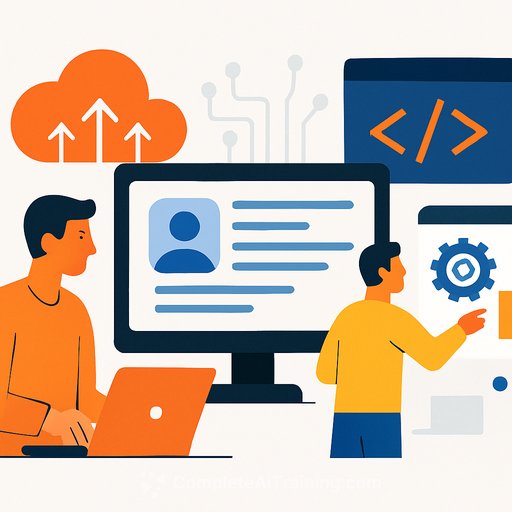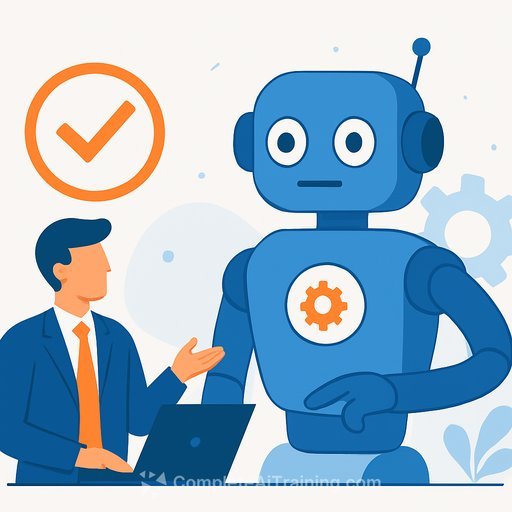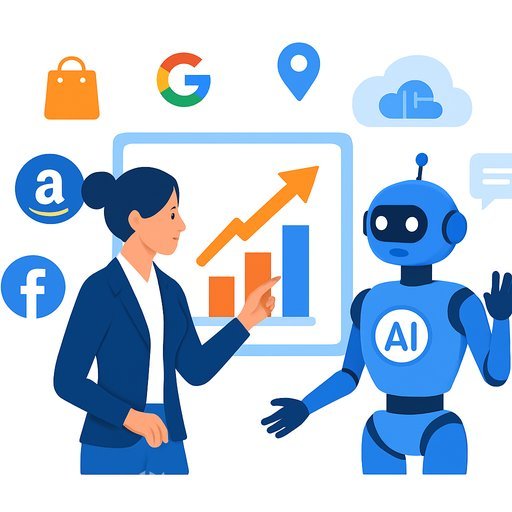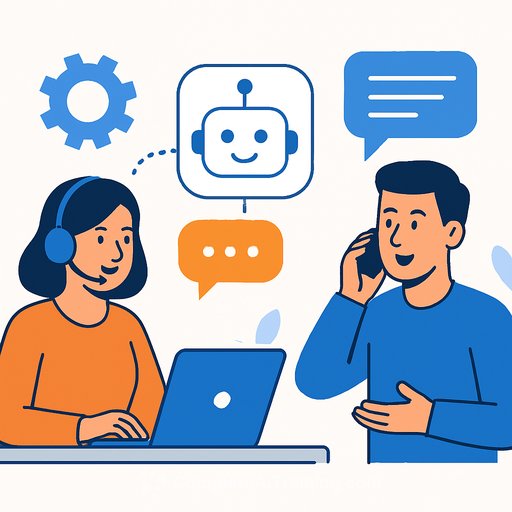Anthropic's Enterprise Push: What Customer Support Teams Need to Know
Anthropic is doubling down on enterprise clients. The company plans a fivefold increase in customer support staff this year and has released Claude Sonnet 4.5, a productivity-focused update to its LLM aimed at everyday work, not just code.
Anthropic says it now holds the largest market share in enterprise AI, scaling from fewer than 1,000 business customers two years ago to more than 300,000 globally. For support leaders, the message is clear: AI is moving from pilot to production across customer operations.
Global expansion to meet demand
- Fivefold increase in customer support headcount to serve enterprise accounts.
- Tripling international workforce and expanding the Applied AI team that embeds with clients to build tools and workflows.
- EMEA growth with 100+ roles across Dublin, London, and a research-focused Zurich office.
- New European locations coming, plus the first Asia office opening in Tokyo within a year.
"The global demand for Claude is extraordinary… enterprises are trusting Claude to power their mission-critical operations," said Chris Ciauri, Managing Director of International. That includes customer service, fraud mitigation, and personalized communications at scale.
Claude Sonnet 4.5: Practical gains for support teams
Claude Sonnet 4.5 can generate production-ready Word, Excel, and PowerPoint files. That means faster creation of response templates, KPI trackers, and executive updates-without bouncing between tools.
Anthropic also released the Claude Agent SDK so companies can build their own AI agents. For support leaders, that opens the door to guided workflows, smarter triage, and automated summaries that slot into existing queues and CRM systems.
Proof points from enterprise deployments
- SK Telecom improved customer service quality by 34%.
- Commonwealth Bank of Australia cut customer scam losses by 50%.
- United Airlines sped up response times and delivered more personalized customer messages.
These aren't experiments. They are measurable improvements in live environments-exactly what support organizations are under pressure to deliver.
AI productivity without the "slop"
There's a real debate about ROI. A widely cited MIT report claims that despite heavy spend on GenAI, most organizations see little to no return. Mike Krieger, Anthropic's Chief Product Officer, addressed this directly: if AI lands without the right enablement and tools, teams get disillusioned.
His focus: produce the "anti-slop." Work that gets you 80% of the way-good enough that agents can finish fast and feel confident, instead of starting over. That's the difference between AI that saves time and AI that adds cleanup work.
What this means for customer support leaders
- Start with your top five intents. Use Sonnet 4.5 to draft responses, summarize long threads, and prep agent notes.
- Build agent-assist, not agent-replace. Use the Claude Agent SDK to guide steps, enforce policy, and surface knowledge at the right time.
- Instrument everything. Track AHT, FCR, CSAT, QA pass rate, and rework. Compare pre/post with a clean control group.
- Keep a human in the loop. Let AI handle drafts and evidence gathering; agents make the final call for tone, empathy, and edge cases.
- Tighten data controls. Mask PII, log prompts/outputs, and set clear retention rules.
- Upskill your team. Train agents on prompt patterns, escalation rules with AI, and how to correct outputs quickly.
- Plan job design. Roles will shift toward relationship-building, critical analysis, and strategy-areas where people excel.
Fast pilot blueprint (4-6 weeks)
- Week 1: Pick a narrow, high-volume use case (refunds, password resets, shipping updates). Define success metrics and guardrails.
- Week 2: Create templates in Word/Email and build a KPI workbook in Excel with Sonnet 4.5. Integrate the Agent SDK into your CRM sandbox.
- Week 3: Run side-by-side with 10-20 trained agents. Capture CSAT comments and QA scores.
- Week 4: Review error types, add rules/prompts, and set escalation triggers. Then expand to the next two intents.
Risks and how to mitigate them
- Quality drift: Add QA sampling of AI-assisted tickets and enforce "no-send" thresholds.
- Over-automation: Keep empathy steps manual for sensitive cases (billing disputes, fraud, health/safety).
- Change fatigue: Share quick wins weekly and highlight agent stories to build trust.
Resources
- Anthropic: Product updates and Claude information
- Claude Certification: Practical training for support teams
- AI courses by job: Customer support workflows and tools
Bottom line: Anthropic is scaling the people and the product. If you focus on high-volume intents, measurable outcomes, and human-in-the-loop quality, Sonnet 4.5 can remove repetitive work and raise the bar on customer experience-without losing the human touch that keeps customers loyal.
Your membership also unlocks:





